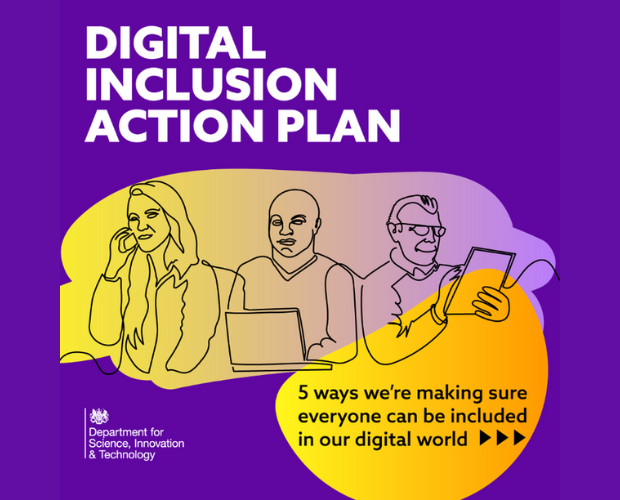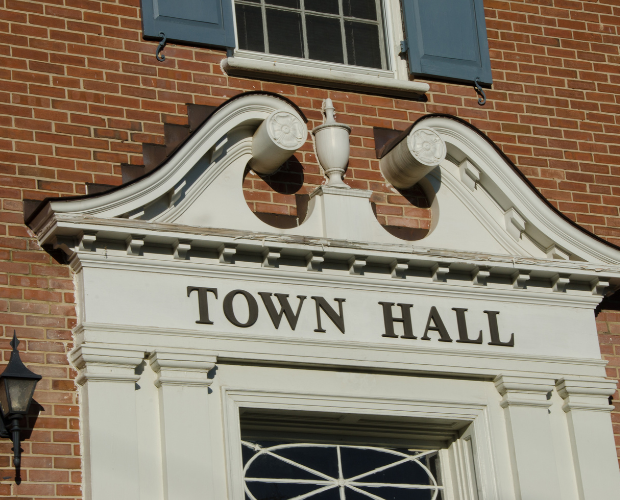T: 01822 851370 E: [email protected]
‘Taxi Tax’ Threatens Rural Healthcare Access

In a move that could disproportionately affect rural communities across the UK, the proposed 20% VAT hike on private hire and minicab journeys – colloquially termed the 'Taxi Tax' – is raising alarms about the accessibility of essential services, particularly healthcare.
A petition initiated by 38 Degrees, a platform advocating for social change, calls on the government to reconsider this increase. The concern is amplified in rural areas where public transport options are limited, and private hire vehicles are often the only means of transport for many, especially for attending medical appointments.
Recent discussions in the House of Commons have shed light on the struggles faced by rural residents. The proposed tax hike could significantly increase travel costs, making it increasingly challenging for those without personal transport, particularly the elderly and those with mobility issues, to access vital health services.
For instance, in areas like Selby and Ainsty, already limited to a handful of dental practices providing NHS services, the additional financial burden of the 'Taxi Tax' could make necessary healthcare visits unfeasible for many. The scenario is not different in other rural constituencies, where the nearest medical facility or essential service can be several miles away, necessitating reliance on private hire vehicles.
A report by the Express highlights the widespread opposition to this tax increase, citing concerns from various sectors, including business groups and women's safety charities. There is a fear that the tax could not only impact individual livelihoods but also the broader rural economy, where the availability of transport plays a crucial role.
As the debate continues, it's imperative to consider the unique challenges faced by rural communities. This situation calls for a nuanced approach that balances fiscal needs with the realities of rural life. The Rural Services Network urges the government to recognise the critical role of affordable transportation in rural healthcare access and to find solutions that support, rather than hinder, the health and welfare of rural residents.
SIGN UP TO OUR NEWSLETTER
Sign up to our newsletter to receive all the latest news and updates.









